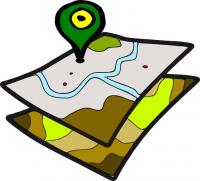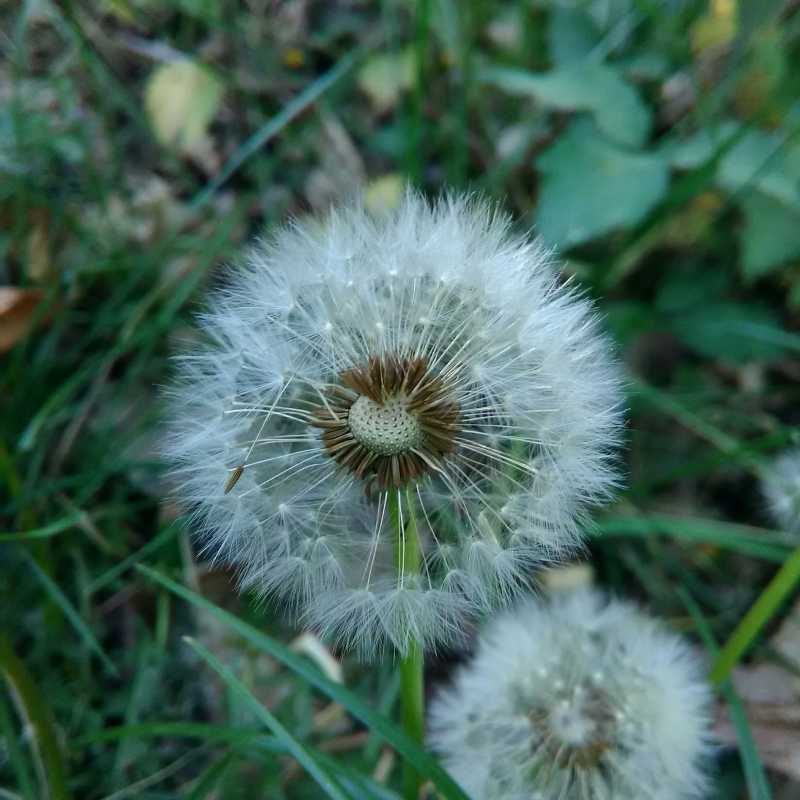 Tomorrow the consortium of the European PhenoloGIT project meets at CESGA. This project has the objective of designing and testing an environmental information educational platform, supported by geographic information technologies (GIT) and the use of common mobile devices (tablets, telephones), so that it can be used by primary and secondary school teachers and students. high school. This experience aims to provide an innovative approach to the acquisition of various key competences for students, providing a real context, challenging and close to the use of technologies for learning to work in and out of the classroom changes in nature close through the seasons , the collection and analysis of multimedia data, comprehension of spatial and mathematical data, collaborative work and networking, etc.
Tomorrow the consortium of the European PhenoloGIT project meets at CESGA. This project has the objective of designing and testing an environmental information educational platform, supported by geographic information technologies (GIT) and the use of common mobile devices (tablets, telephones), so that it can be used by primary and secondary school teachers and students. high school. This experience aims to provide an innovative approach to the acquisition of various key competences for students, providing a real context, challenging and close to the use of technologies for learning to work in and out of the classroom changes in nature close through the seasons , the collection and analysis of multimedia data, comprehension of spatial and mathematical data, collaborative work and networking, etc.

During the next spring, the last pilot experiences will be carried out in participating schools in Great Britain, Denmark, Lithuania and Spain. In them, the tools developed by CESGA will be used, as well as some other complementary tool to maximize the possibilities of analyzing the data obtained.
The technological solution of the PhenoloGIT project has been developed by CESGA, and has three main parts, an application for mobile devices, available on IOS and Android, which facilitates the collection of observations by students and teachers, a map server, available through http://maps.phenologit.org, which allows the visualization, consultation and extraction of collected data, as well as, an online learning and collaboration platform open to other European schools to join the experience and increase the possibilities of utilization of this educational platform.
The project is led by the University of Plymouth. On the Galician (and Spanish) side, the CPI Multilingüe O Cruce, of Cerceda (A Coruña) and the Galician Supercomputing Center participate. The consortium is completed by the VIA University of Denmark and the Center for Information Technology in Education of the Ministry of Education of Lithuania.
The official website of the PhenoloGIT project is https://www.phenologit.org Likewise, it has presence in the social networks Facebook and Twitter.

